To Ad le
le
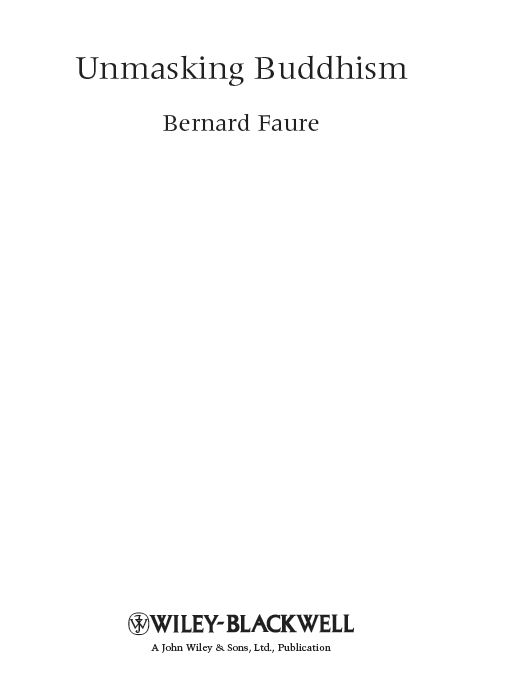
This edition first published 2009
2009 Bernard Faure
Blackwell Publishing was acquired by John Wiley & Sons in February 2007. Blackwells publishing program has been merged with Wileys global Scientific, Technical, and Medical business to form Wiley-Blackwell.
Registered Office
John Wiley & Sons Ltd, The Atrium, Southern Gate, Chichester, West Sussex, PO19 8SQ, United Kingdom
Editorial Offices
350 Main Street, Malden, MA 021485020, USA
9600 Garsington Road, Oxford, OX4 2DQ, UK
The Atrium, Southern Gate, Chichester, West Sussex, PO19 8SQ, UK
For details of our global editorial offices, for customer services, and for information about how to apply for permission to reuse the copyright material in this book please see our website at www.wiley.com/wiley-blackwell.
The right of Bernard Faure to be identified as the author of this work has been asserted in accordance with the Copyright, Designs and Patents Act 1988.
All rights reserved. No part of this publication may be reproduced, stored in a retrieval system, or transmitted, in any form or by any means, electronic, mechanical, photocopying, recording or otherwise, except as permitted by the UK Copyright, Designs and Patents Act 1988, without the prior permission of the publisher.
Wiley also publishes its books in a variety of electronic formats. Some content that appears in print may not be available in electronic books.
Designations used by companies to distinguish their products are often claimed as trademarks. All brand names and product names used in this book are trade names, service marks, trademarks or registered trademarks of their respective owners. The publisher is not associated with any product or vendor mentioned in this book. This publication is designed to provide accurate and authoritative information in regard to the subject matter covered. It is sold on the understanding that the publisher is not engaged in rendering professional services. If professional advice or other expert assistance is required, the services of a competent professional should be sought.
Library of Congress Cataloging-in-Publication Data
Faure, Bernard.
Unmasking Buddhism/Bernard Faure.
p. cm.
Includes bibliographical references and index.
ISBN 978-1-4051-8065-8 (hardcover: alk. paper) ISBN 978-1-4051-8064-1 (pbk.: alk. paper)
1. Buddhism. I. Title.
BQ4022.F38 2009
294.3dc22
2008049752
A catalogue record for this book is available from the British Library.
Introduction
The Indian: What do you want! He has the prejudices of his country, of his party and his own prejudices.
The Japanese: Oh! See, too many prejudices.
Voltaire, Philosophical Dictionary
Unlike Islam, which has suffered a lot of bad press in recent times, Buddhism is seen in a rather more favorable light in Western society today. However, this has not always been the case, as is reflected by Orientalist discourse from the nineteenth century. Western missionaries and colonizers often lumped Islam and Buddhism together and considered them to be the cause of social, economic, political, and spiritual degeneration in the colonized societies. The current high regard in which Buddhism is held is a sign of real progress since that era, when it was met solely with fear or disdain, although this change in attitude remains tinged with ideas of Orientalism.
Today, the media have moved on from their vision of Buddhism as a fashion trend followed by a few intellectuals and now emphasize the sociological importance of this development in Western countries. Despite this trend reversal, what do we actually know about Buddhism? While our knowledge has certainly progressed considerably since the nineteenth century, it is nevertheless often constrained by certain ingrained ideas which restrict the range of issues addressed and questions asked.
The average person on the street is often confronted with certain very specific forms of Buddhism which are presented as if they represent the norm. These include, most notably, Tibetan Buddhism, Zen Buddhism, and Therav da (or the Way of the Elders). Tibetan Buddhism, while strongly influenced by the Indian tradition of the Great Vehicle (Mah
da (or the Way of the Elders). Tibetan Buddhism, while strongly influenced by the Indian tradition of the Great Vehicle (Mah y
y na), is the result of a specific development, a mixture of Tantrism and scholasticism. The Zen tradition, which appeared during the sixth century in China (under the name of Chan), assumed its current form in medieval Japan. Despite its significance, Zen is merely a branch of the Great Vehicle such as it developed principally in China and Japan. The other schools of East Asian Mah
na), is the result of a specific development, a mixture of Tantrism and scholasticism. The Zen tradition, which appeared during the sixth century in China (under the name of Chan), assumed its current form in medieval Japan. Despite its significance, Zen is merely a branch of the Great Vehicle such as it developed principally in China and Japan. The other schools of East Asian Mah y
y na are virtually unheard of in Europe and the United States. Therav
na are virtually unheard of in Europe and the United States. Therav da has become the most dominant form of Buddhism in Sri Lanka and Southeast Asia (Myanmar, Thailand, Cambodia, Laos) and is simply a modernized version of one of the many schools of ancient Buddhism; indeed, it is the only one to have survived.
da has become the most dominant form of Buddhism in Sri Lanka and Southeast Asia (Myanmar, Thailand, Cambodia, Laos) and is simply a modernized version of one of the many schools of ancient Buddhism; indeed, it is the only one to have survived.
Despite all of these different forms, for most Westerners the word Buddhism evokes primarily Tibetan Buddhism. This version of Buddhism, which is very specific despite making universal claims, is featured on every page of successful books such as The Monk and the Philosopher, which features a dialogue between the philosopher Jean-Franois Revel and his son, the monk Matthieu Ricard, a disciple of the Dalai Lama. The book provides a handy catalogue of received ideas, which are accurate to a greater or lesser extent, yet also reflects a certain level of orthodoxy that should be examined closely, even if it means playing devils advocate (or rather M ras advocate, the Buddhist equivalent). Lets start by exploring some landmarks in time.
ras advocate, the Buddhist equivalent). Lets start by exploring some landmarks in time.
Before questioning received ideas about Buddhism, it should be remembered that they often include a significant dose of truth. Furthermore, when these ideas are held by a great many people, they end up becoming truth or at least orthodoxy (literally meaning correct opinion). In Buddhism, these ideas form part of what is known as the conventional truth as opposed to the ultimate truth. This notion of Two Truths, conventional and ultimate, favors the latter, yet this does not detract from the value of the received opinion: a half-truth still has some truth-claim. Even if they do not go far enough, half-truths are a means of accessing the ultimate truth.
When it comes to the question of who can speak in the name of Buddhism, it is tempting to reply that, obviously, Buddhists can. However, it is less easy to determine who, in fact, Buddhists are. In the absence of criteria accepted by all, it could be said that a Buddhist is someone who declares himself or herself to be one.

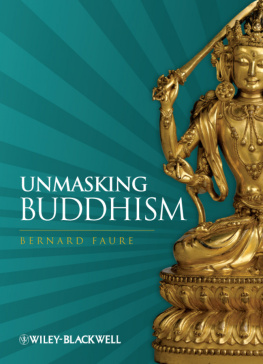

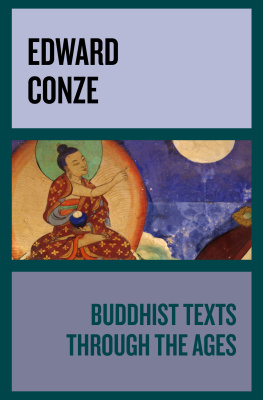
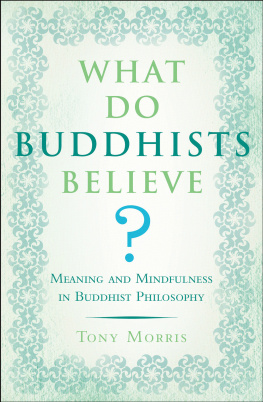
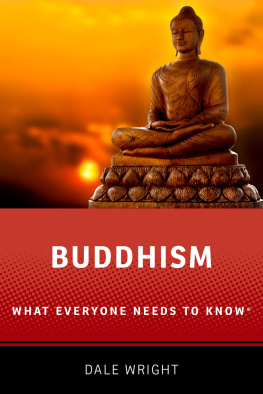

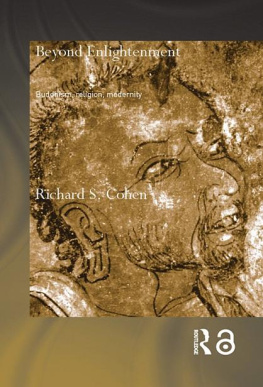
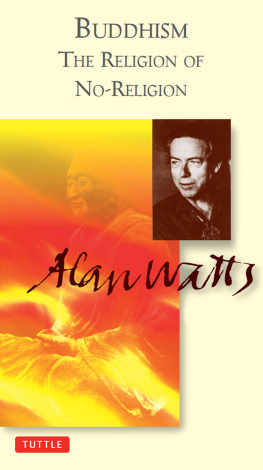
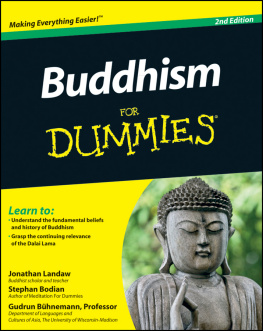
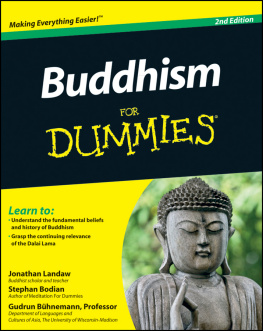

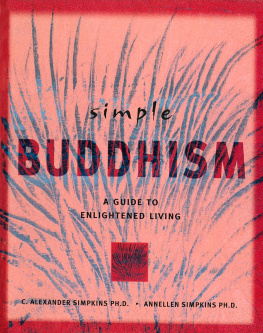
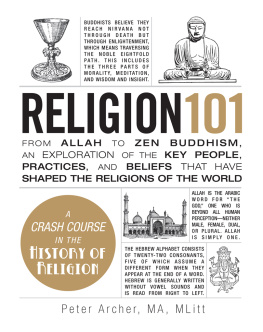

 le
le
 da (or the Way of the Elders). Tibetan Buddhism, while strongly influenced by the Indian tradition of the Great Vehicle (Mah
da (or the Way of the Elders). Tibetan Buddhism, while strongly influenced by the Indian tradition of the Great Vehicle (Mah